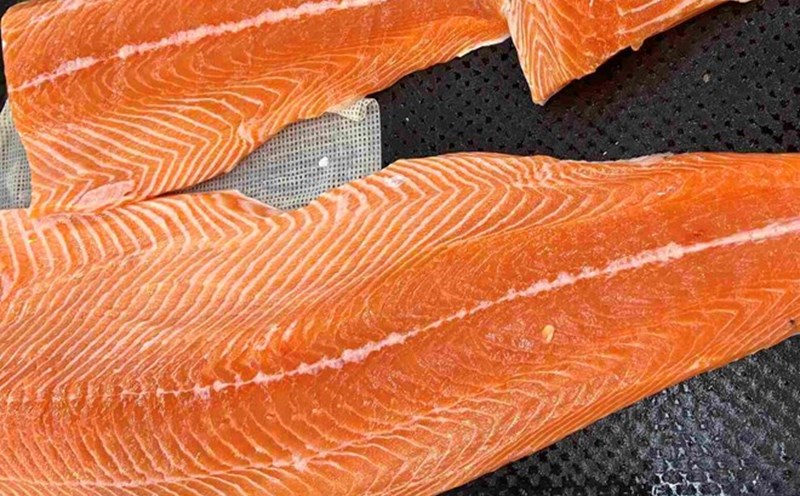Not all protein sources are the same, because the saturated fat content, digestion rate and energy metabolism ability from each protein source can directly affect the storage of excess fat in the body, especially in the abdomen.
One of the highly appreciated legumes is plant legumes from sources such as tofu, lentils, and quinoa. Studies have shown that people who eat plant dam are more likely to store less belly fat than those who eat a lot of animal dam, because this type of dam is rich in fiber, less calories and helps you feel full for a long time, thereby limiting night snacking. People who eat plants for dinner significantly reduce visceral fat after 12 weeks compared to the group eating red meat.
Among the foods, salmon is an ideal source of animal protein for dinner. Salmon is not only rich in easy-to-digest protein but also contains omega-3 fatty acids that have anti-inflammatory properties and support fat metabolism. According to research, people who consume fatty fish 2-3 times a week have a significantly lower percentage of belly fat than those who do not consume it.
In contrast, protein from processed red meat such as sausage, bacon or greasy fried dishes for dinner is often associated with increased belly fat due to its high saturated fat and empty calories.
To avoid belly fat accumulation, choosing fish protein, plant protein or boiled eggs instead of processed red meat is a smart choice for dinner. This not only helps control weight but is also good for the heart and long-term health.











